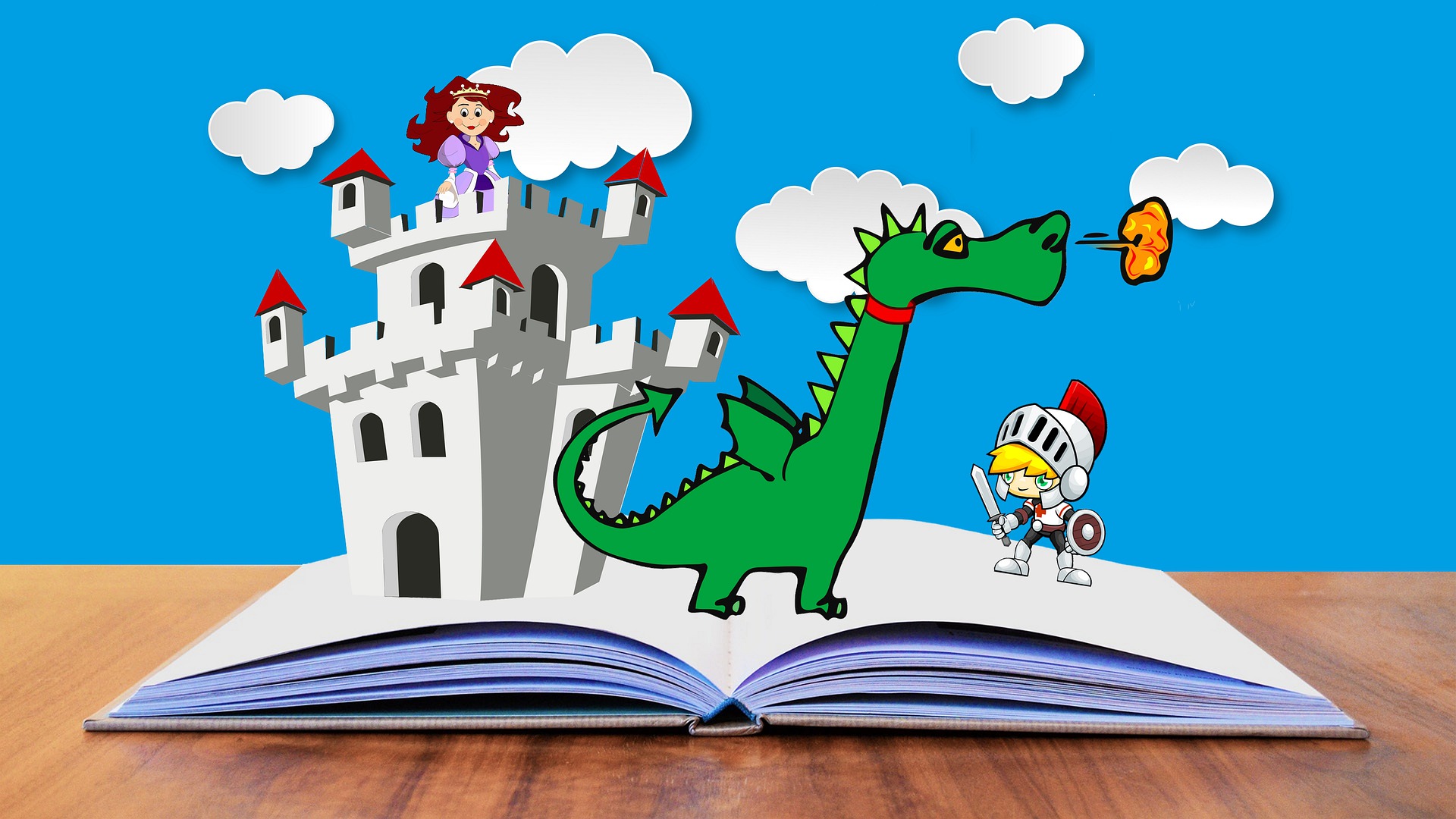In last weeks blog, Orland’s First Words Speech Therapy, we talked about how a parent can determine if their child has a speech speech delay or is a late talker. This week we are talking about how parents can help their child, whether they are a late talker or have a speech delay, here are some strategic ways to encourage language development.
Slow Down
While it may seem almost impossible with children, but try and slow down. Make sure your and your child are facing each other, and watching each other talk.
 Read More Books
Read More Books
Even when they are a baby, reading is very important. It is the foundation for speech and language development. Choose books that engage your child. It could be a book with colorful pictures, their favorite animal, or television show, it’s very important that they are read to often. Talk to your child about the pictures and words on the page, take your time and get immersed in the book.
Encourage Two Way Communication
A fundamental way to improve speech in a child is with two way communication. Talk about things that are taking place with open ended questions. Wait for your child’s response, even if it takes a few minutes to formulate their words. Make a point of not answering for them.
Build Your Child’s Confidence
To build your child’s speech and language confidence, try not to correct them. No response, word, or sound is wrong. If they point to a cat and say ‘dog’, an encouraging phrase can be something like “That cat does look like a dog”.
Talk More With Your Child
Throughout the day, make a point to talk to your child. Talk about making breakfast, taking a bath, what they are going to do today, and what you are doing. Try to speak using short complete sentences with simple words.
Working with your child on their speech and language development, it may take a little time, so be patient.
The American Speech-Language-Hearing Association encourages activities to Building Vocabulary and Describing Objects
The more words a child is exposed to, the more words they’ll know! Keep the conversation going all day long. Chat in the car, at bathtime, and while running errands. Some fun activities for building vocabulary at home include the following:
Puzzle time. Have your child pick out a puzzle. Talk about the pictures on the box. What new words can be found in the puzzle? Find puzzles that have different themes, like holidays, animals, or foods.
Arts and crafts. Set up a station with art materials, and talk as you make a craft. Discuss what they want to make, the colors they’re choosing, and the feel of the materials (like Play-Doh® or clay).
Nature walk. There is so much to talk about outside! What do they see and hear? Do they feel a breeze? How do flower petals smell? How many colors do they see? What are the birds and squirrels doing? Ask them to tell you more.


